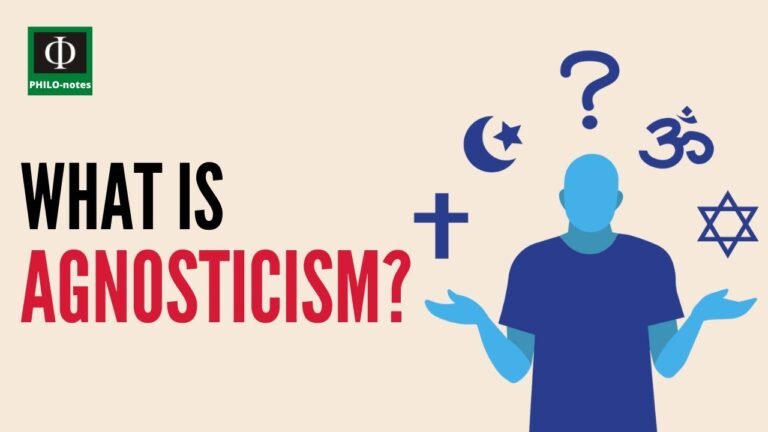Did Jesus Drink Wine? Exploring the Biblical Evidence
The question of whether Jesus drank wine has intrigued scholars, theologians, and curious minds for centuries. As a central figure in Christianity, the accounts of Jesus’ life and teachings in the Bible often mention wine in various contexts, from the Last Supper to the miracle at Cana. This exploration delves into historical, cultural, and biblical perspectives, shedding light on the significance of wine in Jesus’ time and its implications for understanding his message and impact. Join us as we uncover the truth behind this timeless inquiry.
What are Jesus’ teachings regarding drinking wine?
In a profound moment during the Last Supper, Jesus made a significant declaration regarding wine, referring to it as “this fruit of the vine.” By using this phrase, He acknowledged the substance of wine while also elevating its meaning within the context of His ministry and the coming kingdom. This statement not only reflects His connection to the tradition of wine in Jewish culture but also foreshadows the transformation that would take place with His sacrifice.
Jesus went on to express that He would not partake of this wine again until a future time, specifically when He would drink it anew with His disciples in His Father’s kingdom. This promise signifies a moment of reunion and celebration, emphasizing the hope and joy that would accompany the fulfillment of God’s promises. It highlights the anticipation of a future where believers would share in fellowship and communion with Him.
This statement serves as a reminder of the importance of wine in biblical narratives, symbolizing joy, covenant, and the fulfillment of God’s plan. By abstaining until the kingdom’s arrival, Jesus invites His followers to look forward to a greater celebration and a deeper communion with Him, reinforcing the themes of redemption and hope that resonate throughout His teachings.
What type of wine did Jesus consume?
The wine consumed by Jesus during the Last Supper is believed to have been a rich and robust variety, reflecting the winemaking practices of the time. Experts suggest that this wine was likely full-bodied, with a relatively short aging period, showcasing a depth of flavor that would have complemented the solemnity of the Passover meal. With an alcohol content estimated around 14 degrees, it was crafted from grapes native to the region, providing a connection to the land and culture of ancient Judea.
This wine not only served as a beverage but also held significant symbolic meaning in the context of the Last Supper. It represented the covenant between God and humanity, embodying themes of sacrifice and redemption. The choice of such a distinctive wine underscores the importance of tradition and the profound spiritual significance that wine carries within religious rituals, transcending time and continuing to resonate with believers today.
What type of wine was consumed by Jesus?
At the Last Supper, the wine Jesus shared with his disciples was likely a vibrant and spiced concoction, reminiscent of the mulled wine many enjoy during festive seasons. This warm, aromatic drink, infused with spices and fruits, offers a rich sensory experience that connects people to tradition and celebration. The historical context of wine during biblical times suggests that it was not just a beverage but a symbol of community and kinship.
In contemporary terms, Amarone stands out as a comparable wine, hailing from the picturesque vineyards of Northern Italy. This unique red wine is crafted from grapes that are carefully dried on straw mats, a process known as appassimento. This technique intensifies the flavors, resulting in a bold, full-bodied wine with rich notes of cherry, plum, and spices, making it a fitting parallel to the wine of biblical times.
The enduring legacy of wine in cultural and religious practices highlights its significance beyond mere consumption. Whether at a solemn gathering or a festive occasion, wines like Amarone evoke a sense of history and connection, bridging the gap between ancient traditions and modern enjoyment. In this way, the wine Jesus drank continues to inspire and bring people together, echoing the communal spirit of the Last Supper.
Unveiling the Truth Behind Jesus’ Wine Consumption
Throughout history, the image of Jesus enjoying wine has sparked curiosity and debate, often overshadowed by modern interpretations of alcohol consumption. In biblical times, wine was a staple in daily life, symbolizing joy and community. Jesus’ first miracle, turning water into wine at the wedding in Cana, underscores the significance of wine in celebrating life’s milestones. This act not only highlights his divine nature but also reflects the cultural importance of wine as a means of fostering connection and sharing abundance.
Yet, the discussion surrounding Jesus’ wine consumption transcends mere historical context; it invites us to explore the broader implications of moderation and social responsibility. While wine was an integral part of religious rituals and communal gatherings, it also served as a reminder of balance in life. Jesus’ example encourages a thoughtful approach to consumption, emphasizing that enjoyment should coexist with mindfulness. In a world increasingly aware of the impacts of alcohol, revisiting these ancient practices can inspire a more conscious relationship with drinking, rooted in celebration rather than excess.
Biblical Insights: The Role of Wine in Jesus’ Life
Wine holds a significant place in the biblical narrative, particularly in the life of Jesus, where it serves as a symbol of joy, celebration, and divine abundance. From His first miracle at the wedding in Cana, where He transformed water into wine, Jesus illustrated the importance of wine in communal gatherings and the blessings of hospitality. This act not only revealed His divine authority but also underscored the joy that accompanies faith and fellowship, setting a profound precedent for the role of wine in Christian tradition.
Furthermore, wine is intricately woven into the fabric of Jesus’ teachings and the Last Supper, where it represents His blood and the new covenant between God and humanity. This sacramental use of wine invites believers to reflect on themes of sacrifice, redemption, and the promise of eternal life. Through these pivotal moments, wine emerges not just as a beverage, but as a rich metaphor for spiritual nourishment and the transformative power of faith, reinforcing its enduring significance in both historical and contemporary Christian practices.
Wine in the Scriptures: A Closer Look at Jesus’ Choices
In the Scriptures, wine emerges as a powerful symbol, intricately woven into the fabric of Jesus’ teachings and actions. From His first miracle at the wedding in Cana, where He transformed water into wine, to the poignant moment of the Last Supper, where He shared the cup with His disciples, wine signifies joy, celebration, and the promise of salvation. These instances highlight not only Jesus’ appreciation for communal bonds but also the deeper spiritual truths embedded in the act of sharing wine. By choosing this familiar beverage, He invites us to partake in a richer understanding of life, faith, and the divine.
The question of whether Jesus drank wine not only invites us to explore historical and cultural contexts but also challenges our understanding of traditional narratives. Wine, often seen as a symbol of celebration and community, plays a significant role in many biblical accounts, reflecting the importance of shared experiences in human life. Ultimately, examining this topic enriches our appreciation for the complexities of faith, tradition, and the human experience.







